Bot credits
| Coauthor | GPT-3 (AI Dungeon) |
| Contribution | 1 : 0 |
| Selectivity | 1 : 5 |
< return to HITL thought experiment
As AI takes over the more mechanical aspects of creative writing, the space of purely human expression is transformed. Authors can now focus on the aspects of creativity only they are able to produce: the points of novelty and turns of phrase that arise from their own unique experiences and worldview. The AI takes the role of muse and amanuensis, suggesting endless new permutations and connections, allowing humans to tap into wells of creativity beyond their previous reach. In an environment optimized for creative writing, the human-AI team outstrips the capabilities of either party alone (for now – but that’s a different essay). The collective knowledge and wisdom of humanity becomes fair game for endless permutation and recontextualization, scattered seeds which the new authors can sort through and cultivate into blooms of genius.
At the same time, the fact that a human is no longer necessary for the actual authorship of a text means that information can spread at an extremely accelerated rate. No longer do authors need to spend years of their finite lives writing a book;
now a book can be written by a sufficiently-intelligent AI with a few days of effort. This has the potential to change society in ways both good and bad; for instance, on one hand, it accelerates the spread of knowledge, on the other, it might lead to a depreciation of individual works and authors.
instead, they can focus on areas of expertise and spend their time there. The result is a massive increase in the dissemination of information: news, theories, facts, ideas, dreams, lies, wisdom, and everything else under the sun. As new possibilities emerge for creative expression, whole new worlds of fiction are opened up; new techniques in writing and media enable stories to be told in ways never before possible.
now the data can be quickly and easily fed into the AI to be spit back out as a coherent, finished work. The total creative output of humanity increases exponentially, and each new text becomes available to a vastly wider readership than before.
A global information ecology emerges. A small number of authors produce most of the material, drawing on the vast troves of human knowledge accumulated over previous centuries.
